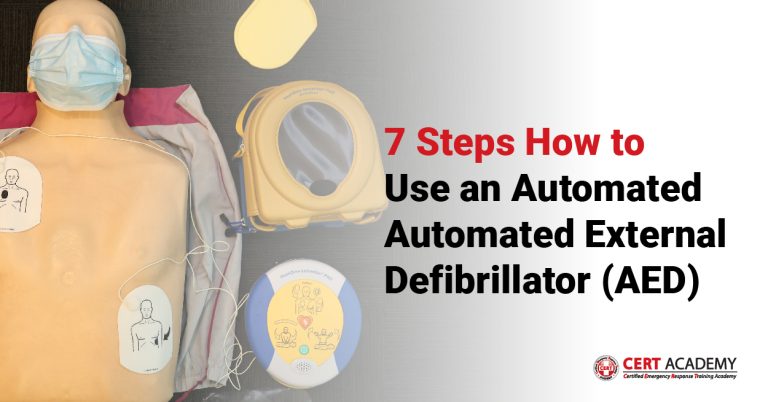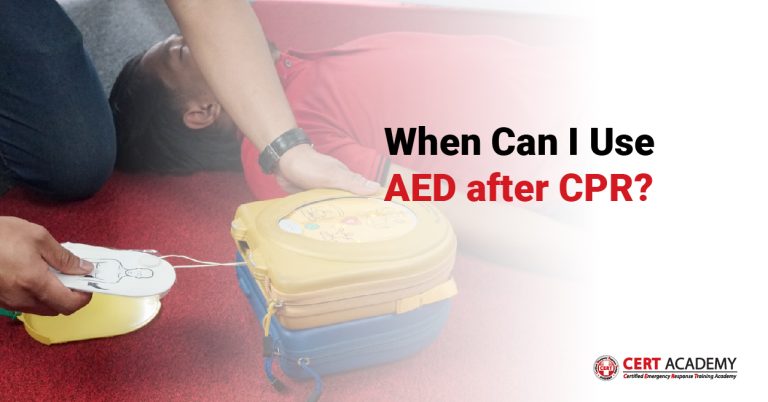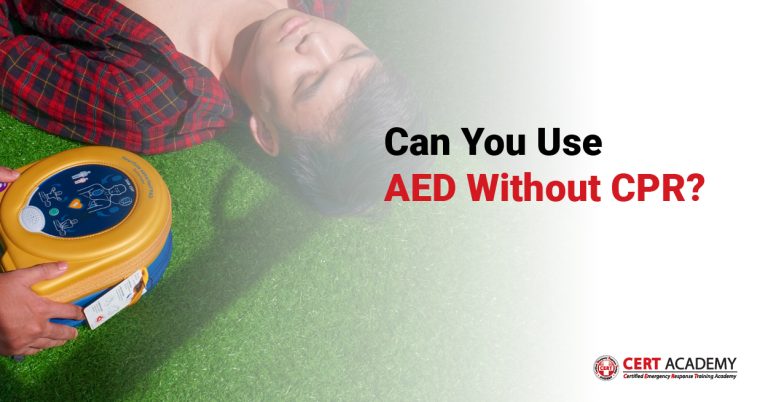Call Us +603-8066 8665
Automated External Defibrillator (AED): A Vital Tool in First Aid Training
Automated External Defibrillator (AED) is a life-saving device that has become an integral part of first aid training, including courses in Malaysia, such as Basic First Aid Malaysia. AEDs are designed to deliver an electric shock to individuals experiencing sudden cardiac arrest, a condition that can strike without warning. In this essay, we will explore the significance of AEDs in the context of first aid training and the potential impact on saving lives in Malaysia.

First aid training is essential for individuals to respond effectively during medical emergencies. Recognizing the signs of cardiac arrest, understanding how to perform cardiopulmonary resuscitation (CPR), and knowing when and how to use an AED are crucial components of first aid courses. In Malaysia, these courses are widely available, and Basic First Aid Malaysia offers comprehensive training in using AEDs.
AEDs are user-friendly devices equipped with clear visual and auditory instructions. They analyze the heart’s rhythm and determine whether a shock is needed to restore normal heart function. AEDs are particularly vital in cases of sudden cardiac arrest, where the victim’s chances of survival decrease by 10% for every minute that passes without defibrillation. Quick access to an AED and its proper use during the critical early minutes can significantly improve the victim’s odds.
In Malaysia, first aid courses teach participants how to locate and use AEDs in various public places, such as airports, malls, and schools. Understanding the importance of AEDs and having the skills to operate them is vital in a country like Malaysia, where a fast-growing population centers face the risk of cardiovascular events.
Basic First Aid Malaysia ensures that participants in first aid courses gain the knowledge and confidence to handle AEDs effectively. These courses empower individuals to respond promptly and correctly during cardiac emergencies, thereby increasing the chances of saving a life.
In conclusion, AEDs are invaluable tools in first aid training, particularly in Malaysia, where public awareness of their significance is growing. These devices, alongside CPR, can be the difference between life and death for someone experiencing sudden cardiac arrest. First aid training, like the courses offered by Basic First Aid Malaysia, is critical in ensuring that individuals are prepared to use AEDs competently, thereby increasing the survival rates of cardiac arrest victims. It is a skill that every Malaysian should consider acquiring to contribute to a safer and healthier community.



